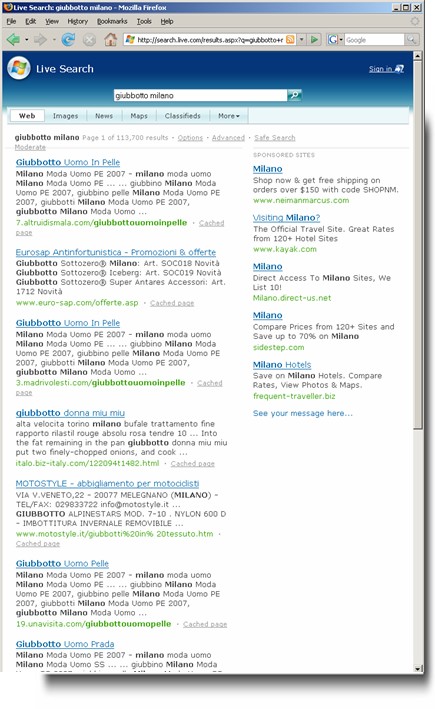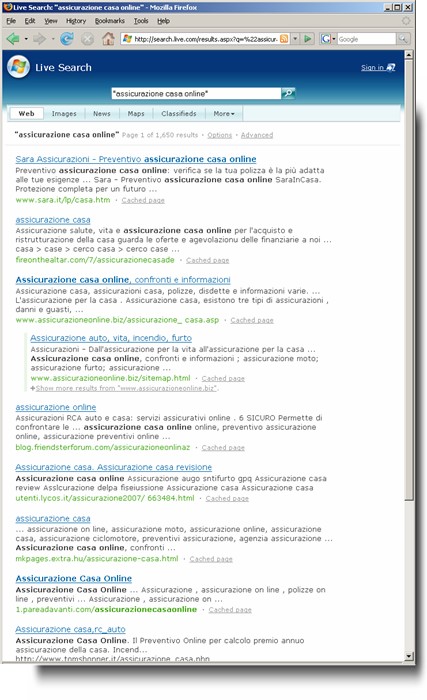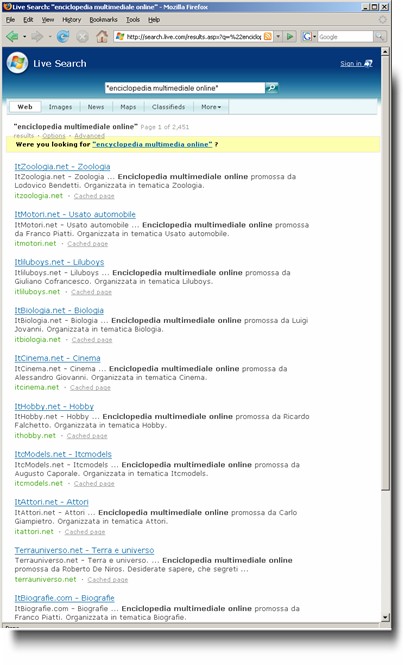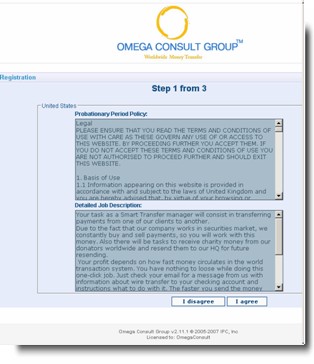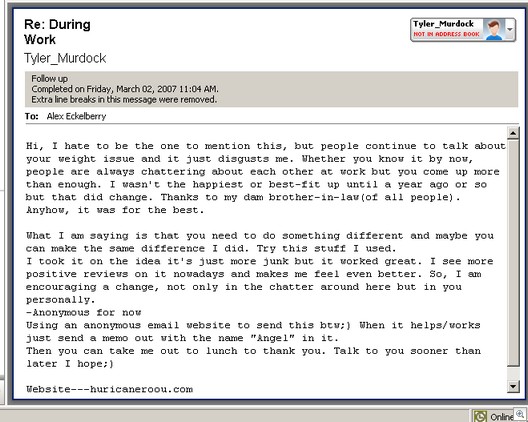How to make XP look like Vista
If you like the Vista look, but don’t want to pay for the new OS or go through the hassle of upgrading right now, there are configuration tricks and add-on programs available that will help you make your XP machine look and feel more like Vista, from the desktop sidebar to the quick search features. Read about them here.
How to install XP on a Vista computer (dual boot)
It’s easy to install Vista in a dual boot configuration on a computer running XP. But as everyone who’s ever set up a dual boot machine knows, the rule is that you’re always supposed to install the earlier operating system first. What if you already have Vista installed (for instance, you buy a computer running Vista) and you want to install XP in a dual boot configuration? You might think you’ll have to wipe the drive and start over, installing XP first – but this step by step guide from James Bannan shows you how to install XP after Vista.
You can extend the Vista activation grace period to 120 days
When you install Vista, you have thirty days before you have to activate the product before it goes into “reduced functionality” mode – unless you know the secret of extending that trial period. It seems there’s a simple command that can be run up to three times to extend for an additional 30 days, which gives you 120 days in all. According to a recent ComputerWorld article, Microsoft has confirmed that this is not a violation of the EULA. Read more here.
What’s the difference between the Vista editions?
Last week, reader Kit B. wrote to say: “If you are going to write about certain features in Windows VISTA, please tell us which versions of the OS include the feature, since many of us have not yet purchased VISTA at all.” That’s an excellent point, and I do try to do so – but I may sometimes forget. For those who may be wondering about specific features, here’s a handy chart that compares the features of the four editions of Vista that are available through retail channels (Home Basic, Home Premium, Business and Ultimate).
WHS: Don’t go home without it?
Home networks are getting more and more sophisticated as families often have three or more computers. You can share files among your desktops and laptops, of course – but what if the song you wanted to hear is on your teenager’s laptop, and he’s taken it to school with him? Or the scanned copy of your refrigerator’s warranty is on your spouse’s desktop, and it’s turned off? Businesses store files that will be shared on servers, and now there’s Windows Home Server, which makes it easier for home users to do the same thing. This makes it easier to back up important files, too. Microsoft introduced WHS at this year’s Consumer Electronics Show in January. Here is a detailed overview of what it can do for you.
IIS 7 Web server on Vista
Windows XP Pro includes the Internet Information Server (IIS) 6 web server software, with which you can host your own web site. Windows Vista Home Premium, Business, Enterprise and Ultimate editions include the new IIS 7.0 Web service. The version on Home Premium is limited and doesn’t include FTP services and other more “professional” features. The new version of IIS has a new management interface and a modular architecture (which means you can install only the features you need). It’s also easier to copy configuration settings from one server to another, as they’re now stored in XML files. To read more about the new IIS, click here.
How to enable and configure the fax service in XP
Want to be able to send and receive faxes without installing third party software or using a dedicated fax machine? You can do it with your Windows XP computer. Of course, you must have a fax modem installed and connected to a telephone line. The fax service isn’t installed by default in Windows setup, so you need to do the following:
- Click Start | Control Panel | Add or Remove Programs.
- Click Add/Remove Windows Components.
- In the Components list, select Fax Services and click Next. The fax service will be installed. You may need to insert the XP installation CD. Click Finish when it’s done.
- Now click Start | All Programs | Accessories | Communications | and click Fax Console. This starts the Fax Configuration Wizard, which will guide you through the process of configuring the fax service.
For detailed information on how to configure each page of the wizard, see KB article 306550.
Confused about licensing Virtual PC?
Virtual PC itself is free and you don’t need a license for it to install it on your computer. But you do need licenses for the operating systems you install, just as you would if you were installing them on a separate physical machine. That’s because they function as separate computers, with their own names and IP addresses and ability to access and be accessed on the network.
The cost of a license depends on the OS you install and where you buy it. If you’re a student or faculty member, you might be able to get good pricing through your college bookstore or another academic outlet. Some operating systems, such as some Linux distros, are free, so you can install these in a virtual machine without buying a license. The bottom line is that, when it comes to licensing, the requirements for installing in a VM are exactly the same as the requirements for installing on any other computer.
Another option? If you want a very useful virtual tool for safe surfing or testing, download the free Vmware Player and use any one of the free virtual appliances (like Ubuntu).
Restoring the Recycle Bin icon in Vista
If you deleted the “Recycle Bin” icon in Vista, you cna bring it back by doing the following:
- Right click an empty area of the desktop and select Personalize.
- In the left pane of the Personalization window, click Change Desktop Icons.
- Under Desktop Icons, put a checkmark in the box labeled Recycle Bin.
“Play All” link in Windows Explorer doesn’t work
Folders with audio and video files contain a “Play All” link in Windows Explorer. You can click it to add all of the media files in the folder to the “Now Playing” list and automatically play them, one after the other. If this doesn’t work, it may be because a third party extension is blocking the feature. To find out what to do about it, see KB article 555409.
How to move the paging file in XP
You can increase the performance of your computer by moving the paging file from the partition that holds Windows system files to a different partition. You can also spread the paging file across multiple partitions. For instructions on how to do so, see KB article 307886.
Can’t move mouse pointer off monitor that displays Media Center in Vista
Vista Home Premium and Ultimate editions include Windows Media Center. When you run Media Center on a computer that uses multiple monitors, you may find that you can’t move the mouse cursor off the monitor displaying Media Center to use applications on another monitor. The solution is to switch Media Center from full screen to windowed mode. For more information, see KB article 929524.
Deb Shinder, MVP




